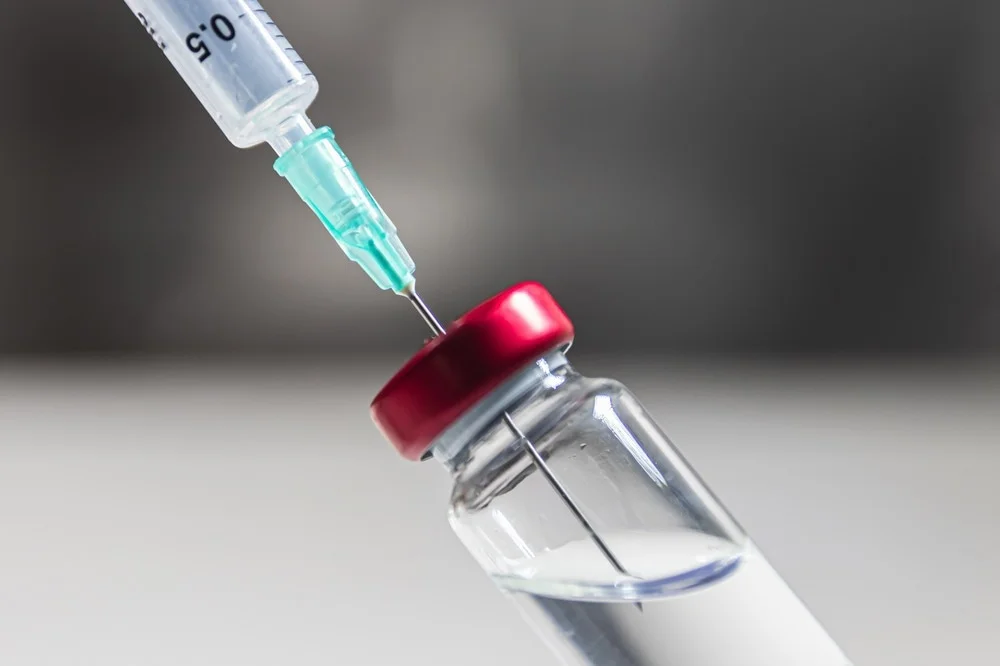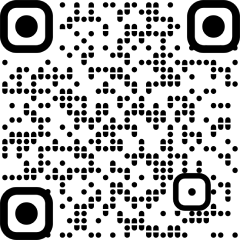
New Delhi: In a groundbreaking development, a recent study conducted by researchers in Europe and the Democratic Republic of the Congo (DRC) found that Merck’s rVSV-ZEBOV vaccine demonstrated a ‘real-world effectiveness of approximately 84% against Ebola virus disease,’ according to GlobalData, a data and analytics company.
Vaccine effectiveness was estimated using odds ratio calculations, which determined that 10 days after vaccination, rVSV-ZEBOV was 80 per cent effective against the Ebola virus in females, 86 per cent in males, 80 per cent in children under 15 years of age, 83 per cent in adults aged 15 years or older, and overall, 84 per cent effective.
According to the data analysis firm, “The retrospective, test-negative study, which analyzed 618 individuals during the 2018-2020 Ebola virus epidemic in the DRC, supports the prophylactic use of the rVSV-ZEBOV (recombinant vesicular stomatitis virus – Zaire Ebola virus) vaccine for future outbreaks.”
Commenting on the development, Stephanie Kurdach, Infectious Disease Analyst at GlobalData, said, “The 2018-2020 Ebola virus epidemic in the DRC was the largest recorded outbreak in the country, and the second-largest outbreak worldwide. Over 300,000 individuals were vaccinated during the outbreak under an Expanded Access program, making it a prime opportunity to evaluate the effectiveness of the vaccine in a real-world setting, which had been lacking until now.”
“The results of this retrospective study are promising for the widespread use of rVSV-ZEBOV during future outbreaks, particularly in nations where the virus is endemic, and a vaccine is most needed. Further research focusing on rVSV-ZEBOV’s effectiveness against severe disease, and its use as post-exposure prophylaxis, would also be beneficial for populations most at risk during a future outbreak,” Kurdach added.
According to GlobalData, the recombinant vesicular stomatitis virus – Zaire Ebola virus (rVSV-ZEBOV) vaccine is marketed by Merck under the name Ervebo. It has been available in the US and EU since 2019. Seven other competing drugs, including vaccines and monoclonal antibodies, are marketed for Ebola virus infections worldwide. A small number of vaccines are also in late-stage development. The Sabin Vaccine Institute (SVI) currently has one vaccine candidate in Phase III and one in Phase II development.



